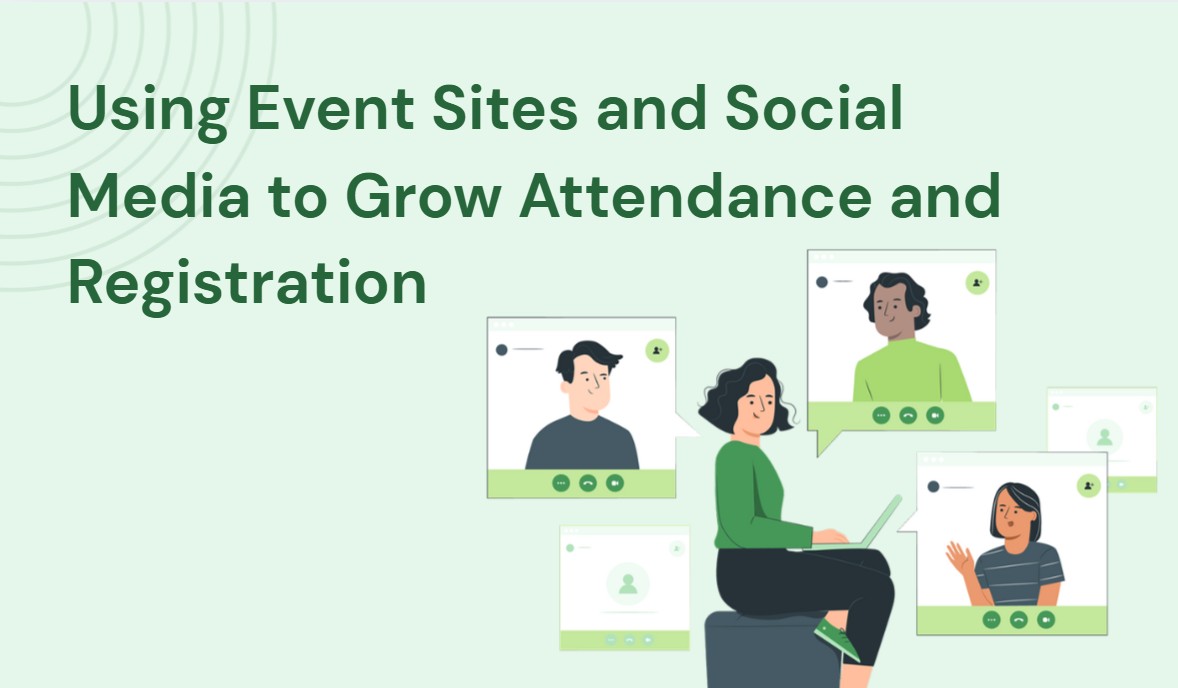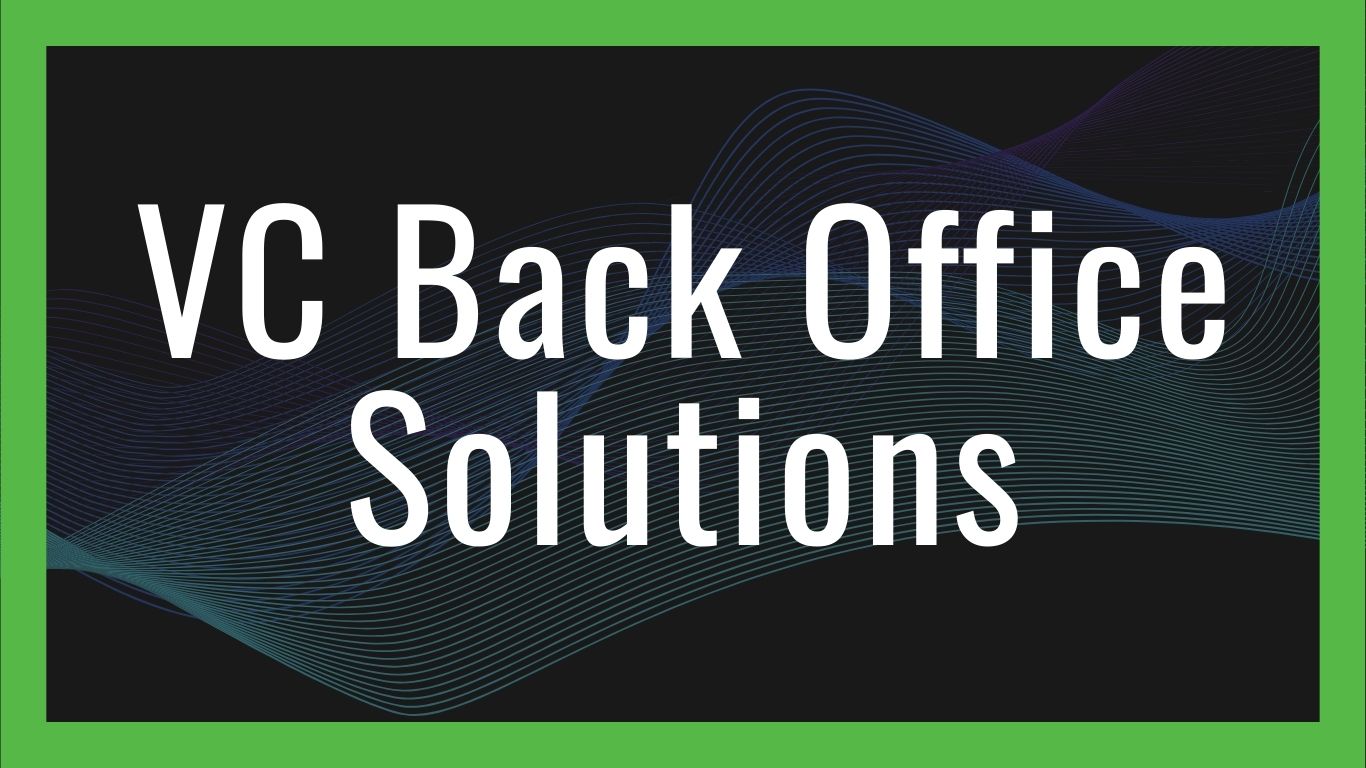
Being a startup founder is not only a matter of finding the best product-market fit and increasing your revenue. There’s also a need to inspire others while keeping your motivation at steady high levels. Many entrepreneurs get lost amid the countless tasks they have to handle and forget the reason why they started in the first place.
Ironically, no matter how many success milestones you have achieved externally, you can still not feel well internally and, as a result, fail to be a strong leader.
Entrepreneurship isn’t glamorous; it’s a persistent contest filled with uncertainty, responsibility, and constant pressure to perform. Yet, many entrepreneurs overlook the mental and emotional toll of the role. In this post, we’re addressing these challenges head-on with the intention of helping you find long-term balance and well-being.
The Hidden Side of Entrepreneurship
The barriers to startup success are virtually unlimited. As documented by UCSF researcher Michael Freeman, entrepreneurs face lower initial earnings, lower financial growth, greater work stress, and more psychosomatic health problems than traditional employees. By conventional standards, becoming an entrepreneur appears to be "an exercise in bad judgment." Why would anyone voluntarily accept longer work hours, fewer weekends and holidays, more responsibility, chronic uncertainty, and greater personal risk instead of the security of a traditional career?
In addition, as a startup founder, you’re taking on multiple functions simultaneously - you're not just a product manager but also the developer, the salesperson, the CEO, and the customer support representative. On top of that, you are also directly responsible for other people's livelihoods once they buy into your vision.
The Mental Athlete
Entrepreneurs' happiness is ultimately driven more by internal factors than external ones. While many founders chase metrics like billion-dollar valuations or ambitious AR targets, the real key to feeling satisfied lies in developing mental resilience. Entrepreneurs need to think of themselves as "mental athletes." Just as elite athletes have multiple coaches for different aspects of their performance, founders need to nurture their mental and emotional well-being alongside their business skills.
Registering Common Internal Challenges
Since it’s not visible, the mental health burden for entrepreneurs is often neglected. You might sense something but don’t know how to call it, so pushing it under the rug is easier. However, labeling the ‘issues’ that a high-stress lifestyle can cause is becoming popular. Let’s see whether you recognize yourself in any of these conditions and what actions you can take to overcome or, even better, prevent them.
Burnout: Slowly but Surely
Burnout is a creeping affliction that can take down even the most passionate founders. According to a Founder Report research conducted with business owners from various countries, 34% of entrepreneurs experience burnout at any given time.
Symptoms of Burnout:
The signs of burnout are often so subtle that we just normalize it. Instead, take a moment and acknowledge when you lack energy. These are three well-known stages of burnout to keep in mind:
-
Energy Depletion and Exhaustion: Is there a real reason to be tired? Did you have a sufficient amount of food and sleep, have you exercised intensively? If there’s no logical explanation, then you’re probably experiencing constant fatigue, even after rest.
-
Cynicism and Mental Detachment: Another expression of burnout is the loss of connection with the business and people around you.
-
Reduced Professional Efficacy: Eventually, the above-mentioned indicators will lead to a decline in your productivity and problem-solving abilities.
Strategies to Deal with Your Burnout:
Once you recognize the symptoms, you can also answer the question of what is draining you and what is boosting your motivation. Afterward, do less of the first and more of the second. Yes, it’s easier said than done, and that’s more on the prevention side. Therefore, you can first, follow these steps for recovery.
-
Prioritize Small Wins: Take things one step at a time instead of constantly firefighting. Celebrate achievements before starting to pursue your next target. A nice reward for a job well done can be a day of uninterrupted rest.
-
Create Rituals for Mental Reset: A 10-minute routine can save your day. The most obvious examples - breathing at a pace, practicing a hobby, or journaling.
-
Understand Einstein Time: In his bestselling book The Big Leap, Gay Hendricks talks about being the source of your time:
You are where time comes from, you can make as much of it as you want.
Not having time is the usual excuse entrepreneurs use to avoid doing something, but it’s all just a matter of perception. Whenever you’re coming from a mindset of having time, your worries about not having it will dissolve, allowing you to manage your workload better.
Impostor Syndrome: The Entrepreneur’s Inner Critic
Impostor syndrome makes founders feel like frauds, no matter their level of success. This attitude stems from comparing oneself to others—especially in a social media-driven world like LinkedIn, where only highlight accomplishments are on display.
How to Overcome It:
-
Recognize It's a Syndrome, Not Reality: Impostor syndrome is a habitual thought, not a truth.
-
Reframe Comparison: Instead of comparing yourself to someone ten years ahead, measure progress against your past self.
-
Talk to Yourself Like a Friend: If you wouldn’t criticize a loved one this harshly, don’t do it to yourself.
-
Use the Power of Reframing: Turn self-doubt into an opportunity for curiosity and growth rather than fear.
In entrepreneurship, Fake It Till You Make It is a beneficial tactic. None of the role models you look up to have always been on top of their game. However, the majority learned to act as authorities in their field early on, and that attitude helped them to manifest their exceptional future.
Upper Limiting: Self-Sabotage in Success
Alex Raymond, the founder of the incredible conference Conscious Entrepreneur, explained to us the Upper Limiting phenomena. It appears when entrepreneurs unconsciously sabotage themselves when things start going well. This often stems from deep-seated beliefs that success comes with guilt, struggle, or unworthiness.
Breaking Through Self-Sabotage:
-
Identify Personal Limiting Beliefs: Reflect on internalized messages about success and self-worth.
-
Expand Your Capacity for Joy and Success: Embrace the idea that success doesn’t have to come with struggle.
-
Work in Your Zone of Genius: When you operate where you naturally excel, success feels more sustainable.
-
Manage Subtle Anxiety: Many high-performing founders are in persistent distress caused by too much noise. Implement structured boundaries for work, social media, and technology to prevent anxiety from escalating.
Integrating Tools and Habits for Long-Term Equilibrium
The advantages of taking care of your personal well-being transcend into your professional life. As soon as you begin to feel more harmonious, everyone will notice - the quality of how you communicate will improve, and from there, the relationships within your team and out of it. Your positive influence will dramatically expand. Therefore, it’s worth the try to invest in your mental health.
Do More Faster and More Focused with AI
Many entrepreneurs believe they must suffer to prove their worth and wear exhaustion as a badge of honor. This outlook is not just outdated—it's counterproductive. Modern AI tools offer a paradigm shift, yet adoption faces three key barriers: the perception of AI use as "cheating," skepticism about output quality, and fears of losing authentic voice and creativity.
AI is an extension, not a replacement. It amplifies capabilities, but you can navigate it in a way that doesn’t remove your personal touch.
Here are some proven tactics to free space in your schedule and in your mind:
-
Train an AI in your repetitive processes: Founders should focus on strategic vision while AI handles day-to-day operational tasks.
-
Streamline your workflow: Let go of micromanagement and allow AI to simplify your routine procedures.
-
Implement AI project management tools: Utilize them to flag bottlenecks and suggest improvements.
AI-Driven Productivity Hacks:
-
Time Management: AI scheduling assistants can optimize meetings and workflows.
-
Automated Daily Standups: AI bots can help you skip unnecessary meetings.
-
Content Creation: AI writing tools speed up the creation of blogs, emails, and presentations.
-
Market Research: AI can analyze trends and provide actionable insights.
-
Customer Support: Chatbots and automated responses handle routine inquiries.
The greatest gift AI provides is time—time to rest, strategize, and grow personally. Founders should not miss out on leveraging AI for:
-
Automating non-core tasks and reclaiming focus time.
-
Integrating AI-powered wellness tools for reminders and self-care insights.
-
Using AI-driven insights to optimize energy levels.
Finally, remember that the time saved through AI should enhance life quality, not just work quantity. Master the tools, then use the gained capacity for genuine value creation rather than endless expansion.
The true measure of successful AI integration isn't in the volume of tasks automated but in the quality of life and work it enables.
Honoring Your State of Flow
Every entrepreneur has a unique set of talents and challenges that shape their journey. Understanding and leveraging these individual traits is essential for sustainable growth. Let's explore how to harness your natural strengths while building systems that support peak performance.
The Entrepreneur DNA Assessment
The most successful entrepreneurs aren't necessarily the most talented—they're the ones who understand themselves deeply. This self-awareness starts with a thorough assessment of your entrepreneurial DNA. What energizes you? When do you feel most competent? Which tasks drain you?

Think of your entrepreneurial experience as a path through four distinct zones: Incompetence, Competence, Excellence, and Genius. While most founders spend their time in the Zone of Excellence—where they're highly skilled but not necessarily passionate—the real magic happens in the Zone of Genius. This is where your innate talents meet your deepest interests.
The transition from Excellence to Genius isn't automatic. It requires intentional practice and often means letting go of tasks you're good at but don't love. Start with just 30 minutes daily dedicated to your genius work. This might feel uncomfortable at first, especially when your inbox is overflowing with "urgent" matters. But remember: your unique contribution to your business comes from operating in your zone of genius, not from being a jack-of-all-trades.
Work Isn’t War
Jason Fried, co-founder of Basecamp (now 37signals), offers a refreshing perspective on work culture. He notices how business language often borrows aggressive terms like "conquering markets" and "destroying competition," and gently suggests we can do better. In his leadership and books like Rework, though, Fried shows that companies can flourish by focusing on creation rather than combat. Instead of treating business as a battlefield, we can approach it as a space for innovation and positive impact:
Companies “conquer” the market, they “capture” mindshare, they “target” customers, they employ a sales “force”, they hire “head-hunters”, they “destroy” the competition, they pick their “battles”, and make a “killing”. That’s an awful paradigm, and we want nothing to do with it. Work isn’t war. We come in peace.’’
Building Your Support Ecosystem
No entrepreneur succeeds in isolation. The myth of the lone genius needs to be replaced with the reality of the connected leader. Your support ecosystem would include:
-
A curated mastermind group that challenges your thinking
-
Regular mentor check-ins for strategic guidance
-
Peer relationships with other founders who understand your challenges
-
Professional support for areas outside your genius zone
Digital Wellness
In our modern and extremely virtualized world, protecting your mental space requires deliberate action. Implement a tech sunset routine—no screens two hours before bed. Batch notifications and create focused work environments. Think of your attention as your most valuable asset and guard it accordingly.
Purpose as Your North Star
Success without fulfillment is a failure. Your business should align with your deepest values and aspirations. The Japanese concept of Ikigai provides a useful framework: find the intersection of what you love, what you're good at, what the world needs, and what can be profitable.
This alignment is philosophical and practical at the same time. When challenges arise (and they will), a strong sense of purpose provides the resilience to continue. It also helps you make better decisions about where to focus your energy and resources.
Self Leadership
Convert your professional life from a stress-filled sprint to a recharging practice. For example, take this easy-to-follow PEACE Methodology:
-
Purpose: Start each day by connecting with your mission. Despite sounding overly demanding, all this action requires is a few minutes of reflection
-
Energy: Monitor and protect your vitality like a precious resource. To fill up your tank, you can exercise, eat well, receive enough sunlight, and meditate.
-
Alignment: Ensure your daily actions and habits match your values. If you believe that addictions are not healthy, don’t include them in your routine.
-
Community: Nurture relationships that support your growth. Even the smallest connections can be beneficial for your mood and self-esteem.
-
Evolution: Commit to continuous learning and adaptation. The more you learn, the less complications will arise.
Making It Real
Success in entrepreneurship isn't measured just in revenue or expansion metrics. Your personal well-being, energy levels, and time spent on genius work are equally important indicators. Track these metrics regularly and adjust your approach based on the data.
Don’t ignore the fact that building a successful business shouldn't come at the cost of your health or happiness. Respect your natural flow state, surround yourself with support, and stay true to your purpose in order to create sustainable prosperity that energizes rather than depletes you.
That's not just good for you—it's good for your business, your team, and your impact on the world.
The Founder Institute is the world’s most proven network to turn ideas into fundable startups, and startups into global businesses. Since 2009, our highly-structured accelerator programs have helped entrepreneurs raised over 2BN in funding across over 200 cities worldwide.
Learn more about the Founder Institute at FI.co, join an upcoming startup event at FI.co/events, or subscribe to our Insights Newsletter.



